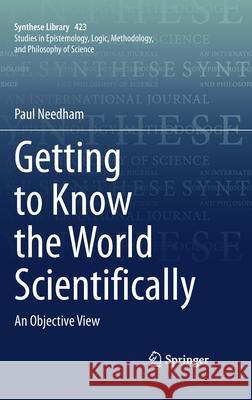Getting to Know the World Scientifically: An Objective View » książka
topmenu
Getting to Know the World Scientifically: An Objective View
ISBN-13: 9783030402150 / Angielski / Twarda / 2020 / 176 str.
Getting to Know the World Scientifically: An Objective View
ISBN-13: 9783030402150 / Angielski / Twarda / 2020 / 176 str.
cena 261,63
(netto: 249,17 VAT: 5%)
Najniższa cena z 30 dni: 250,57
(netto: 249,17 VAT: 5%)
Najniższa cena z 30 dni: 250,57
Termin realizacji zamówienia:
ok. 16-18 dni roboczych.
ok. 16-18 dni roboczych.
Darmowa dostawa!
Wydawca:
Springer
Seria wydawnicza:
Język:
Angielski
ISBN-13:
9783030402150
Rok wydania:
2020
Wydanie:
2020
Numer serii:
000560157
Ilość stron:
176
Waga:
0.44 kg
Wymiary:
23.39 x 15.6 x 1.27
Oprawa:
Twarda
Wolumenów:
01
Dodatkowe informacje:
Bibliografia
Wydanie ilustrowane
Wydanie ilustrowane











